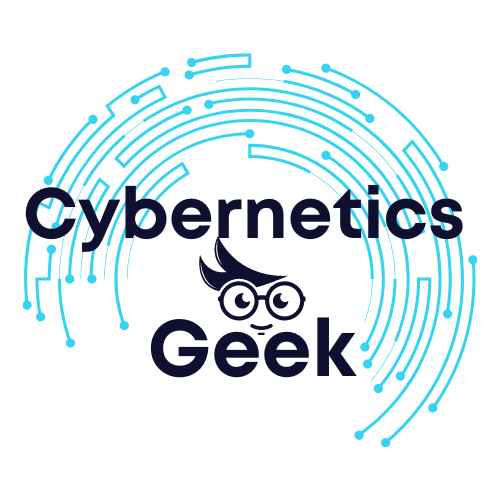Why You Should Avoid Using Public Wi-Fi Without a VPN
Public Wi-Fi is everywhere—cafes, airports, hotels, and libraries. While it’s convenient, it’s also a playground for cybercriminals. Using public Wi-Fi without a Virtual Private Network (VPN) exposes your personal data to risks, making it essential to understand the dangers and how to protect yourself.
The Risks of Public Wi-Fi
When you connect to public Wi-Fi, you’re essentially joining a shared network. Unlike your secured home network, public Wi-Fi often lacks proper encryption and security protocols, leaving your data vulnerable. Here are the main risks:
- Man-in-the-Middle (MITM) Attacks:
Hackers intercept communication between your device and the network, stealing sensitive data like passwords, emails, and credit card numbers. - Rogue Hotspots:
Cybercriminals can create fake Wi-Fi networks with names similar to legitimate ones (e.g., “Airport Wi-Fi”). Once connected, they monitor your activities. - Data Interception:
Without encryption, your online activities (e.g., websites you visit, messages you send) can be intercepted and viewed by attackers. - Malware Distribution:
Some public Wi-Fi networks may inject malware into your device, compromising its security. - Session Hijacking:
Attackers can steal your session cookies, gaining access to your online accounts without needing your credentials.
What is a VPN and How Does It Protect You?
A VPN (Virtual Private Network) is a tool that encrypts your internet traffic and routes it through a secure server. This process hides your data from anyone trying to spy on your connection, ensuring your online activities remain private.
Benefits of Using a VPN on Public Wi-Fi:
- Data Encryption:
VPNs use encryption protocols to scramble your data, making it unreadable to attackers. - Anonymity:
VPNs mask your IP address, preventing websites and hackers from tracking your location or identifying your device. - Secure Connections:
Even on unsecured public networks, a VPN creates a secure “tunnel” for your internet traffic. - Access to Restricted Content:
Some public Wi-Fi networks block certain websites or services. A VPN can bypass these restrictions.
How to Use a VPN Effectively
- Choose a Reputable VPN Provider:
Opt for trusted services like NordVPN, ExpressVPN, or Surfshark. Free VPNs may compromise your privacy by logging or selling your data. - Set It Up on All Devices:
Install the VPN on your smartphone, laptop, or tablet to ensure protection across all platforms. - Enable It Before Connecting:
Always activate your VPN before connecting to a public Wi-Fi network. - Use the Kill Switch Feature:
Many VPNs offer a kill switch that disconnects you from the internet if the VPN connection drops, preventing data leaks.
Additional Public Wi-Fi Safety Tips
Even with a VPN, practicing safe habits is crucial when using public Wi-Fi:
- Avoid Accessing Sensitive Accounts:
Don’t log into banking or other sensitive accounts on public Wi-Fi. - Disable Automatic Connections:
Turn off your device’s feature to automatically connect to open networks. - Turn Off File Sharing:
Ensure file-sharing options are disabled to prevent unauthorized access. - Use HTTPS Websites:
Always check for HTTPS in the URL, which indicates that the website uses encryption. - Log Out When Finished:
Log out of any accounts you access and disconnect from the Wi-Fi when you’re done. - Update Your Software:
Ensure your devices and applications are up to date to protect against known vulnerabilities.
When a VPN is Most Critical
Using a VPN is particularly important in the following scenarios:
- While traveling and connecting to hotel or airport Wi-Fi.
- During business trips where sensitive work data is accessed.
- When shopping or banking online over a public connection.
- In coffee shops or restaurants where open Wi-Fi is common.
Common Myths About VPNs
- “VPNs Are Only for Tech Experts”:
Modern VPNs are user-friendly, often requiring just one click to activate. - “VPNs Slow Down Your Internet”:
While VPNs can slightly reduce speed due to encryption, reputable providers minimize this impact. - “I Don’t Need a VPN If I’m Not Doing Anything Important”:
Even basic browsing can expose personal data. Hackers don’t discriminate based on the importance of your activity. - “All VPNs Are the Same”:
Free VPNs often lack robust encryption and may monetize your data. Paid, reputable services are worth the investment.
Conclusion
Public Wi-Fi without a VPN is a significant cybersecurity risk. A VPN not only encrypts your data but also provides peace of mind, allowing you to browse safely and securely on any network.
Invest in a reliable VPN today and make it a habit to activate it whenever you connect to public Wi-Fi. Remember, cybersecurity is about layers of protection, and a VPN is one of the most effective tools in your arsenal. Stay safe, stay private, and take control of your online security.
